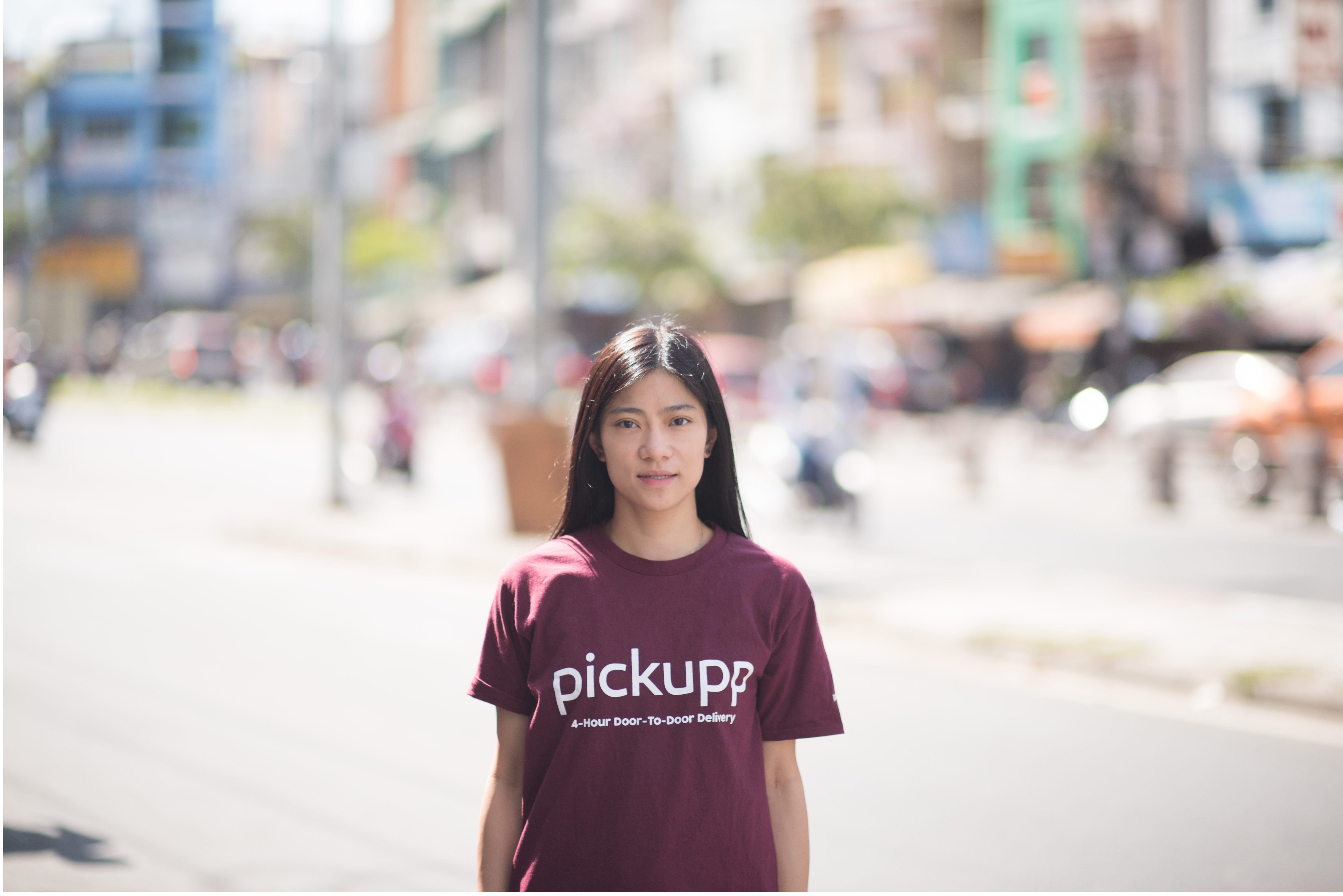Logistics is one of the biggest challenges in e-commerce, especially for smaller merchants. Pickupp helps them compete in the on-demand economy with flexible, customizable delivery services. Based in Hong Kong, Pickupp also operates in Malaysia, Singapore and Taiwan, and claims it can save clients an average of about 28% in logistic costs.
Pickupp is able to do this with an asset-light business model. Instead of operating warehouses or its own fleets, it partners with logistics companies and uses proprietary software to make delivering batches of orders more efficient.
The company, which currently serves about 10,000 e-commerce merchants, announced last month it closed an undisclosed amount in Series A funding from Vision Plus Capital, Alibaba Enterpreneurs Fund, Cyperport Macro Fund, Swire Properties New Ventures and SparkLabs Taipei.
Pickupp currently offers three kinds of door-to-door delivery services: on-demand couriers who deliver within a four hour window, same day deliveries, and one to three day deliveries. It can also customize logistics and last-minute delivery solutions for businesses.
In Singapore, Pickupp runs its own e-commerce platform. Called Shop On Pickupp, the platform enables merchants to move more of their retail operations online and has been used to digitize marketplaces like the Shilin Singapore Night Market during the COVID-19 pandemic.
Before starting Pickupp, co-founder and chief executive officer Crystal Pang, a software engineer by training, was part of the team that launched Uber in Hong Kong in 2014.
“Around that time, I started looking into logistics, because I found out a lot of merchants were trying to use Uber cars to deliver other stuff, anything but people,” she said.
But unlike delivery services, merchants couldn’t bargain with Uber drivers—for example, negotiating discounted fees if they were able to wait longer for a vehicle. “That’s the gist of logistics, because everyone wants to get part of those cost savings,” Pang said. Sensing a market opportunity, Pang began using her software engineering background to think of a solution.
Pickupp was founded in December 2016 and began operating the next year. When it launched, Pickupp already had formidable rivals like Gogovan and Lalamove. But since those companies focused mainly on on-demand, point-to-point delivery, Pang saw an opportunity to tackle other parts of the supply chain.
“How we see ourselves compared to other logistics companies is that we fulfill all these e-commerce needs. We behave like a logistics company, but we don’t need to own anything. So we perform the function of a traditional logistics company, which in this area is SF Express or Ninja Van, that lease warehouses and operate their own fleets, but Pickupp choses a lightweight asset approach to getting it done,” she said.
Pickupp positions itself more as a data and tech company, Pang added.
“You can almost imagine us as a monitoring system,” she said. Pickupp partners with sorting facilities, cross-border freight forwarders and delivery vehicles, and gives merchants visibility into where orders are along the supply chain.
Its system keeps costs down by predicting when and where available delivery people will be available, so it can match them with batches of orders. This also prevents bottlenecks during demand spikes and makes sure couriers are used at the most capacity possible, which is especially important for holidays and major shopping events like Double Eleven and Black Friday.
One of Pickupp’s advantages is that its system is designed to be flexible so it can scale into new Asian markets quickly. Pang told TechCrunch that the round will be used to add more services, and invest in machine learning, predictive analytics and understanding customer purchasing behavior. The company also plans to expand into up to five new Asian markets over the next three years.



No comments:
Post a Comment